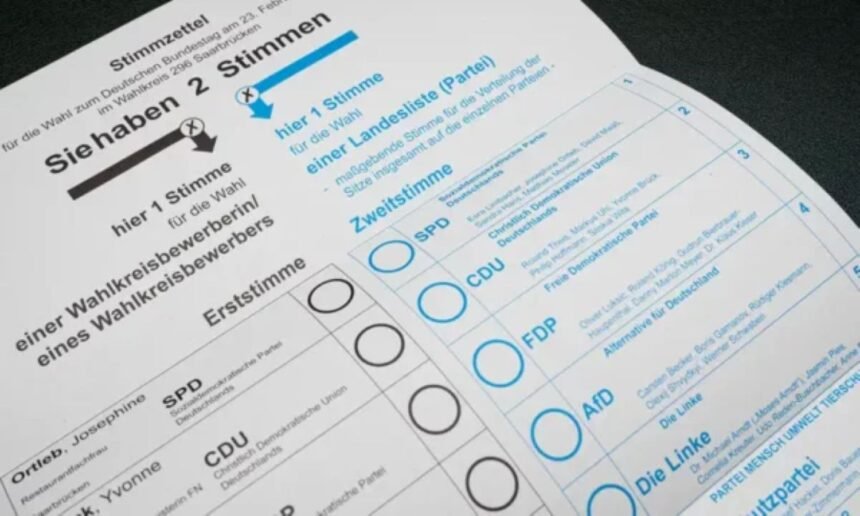For citizens, economic policies are a crucial factor when choosing a party. Here are the key proposals from major political parties in Germany.
SPD
The Social Democrats (SPD) focus on economic growth by lowering electricity prices and offering tax incentives for companies. They propose a 10% investment bonus for industries, amounting to €18 billion annually, and plan to exempt electric vehicles from taxes until 2035.
CDU/CSU
The CDU/CSU aim to cut energy costs by reducing grid fees and consider reviving nuclear energy. They propose a corporate tax cap of 25% and eliminating the solidarity contribution. To boost the workforce, they suggest extending employment beyond retirement age and removing tax on overtime pay.
The Greens
The Greens advocate for lower electricity prices through sustainable energy. They support a 10% investment incentive for businesses (excluding buildings) over five years. To address labor shortages, they propose a digital immigration agency to fast-track work visas.
AfD
AfD promotes fossil fuel use, including importing gas from Russia and abolishing EU-mandated carbon taxes. They propose Germany’s exit from the EU and a return to the Deutsche Mark.
FDP
The Liberals (FDP) focus on private investment over state intervention. They back lower income and corporate taxes, reactivating nuclear energy, and allowing fracking to boost gas supply.
The Left (Die Linke)
The Left supports state-driven economic policies with €200 billion in green industry investments and higher taxes on the wealthy. They emphasize domestic markets over exports.
BSW
Sahra Wagenknecht’s party seeks to rebuild Nord Stream and lift Russia sanctions to secure cheaper gas. They propose higher capital gains taxes and financing public investments through increased state debt.
Germany’s economic future hinges on these competing visions. The upcoming elections will determine which strategy prevails.







